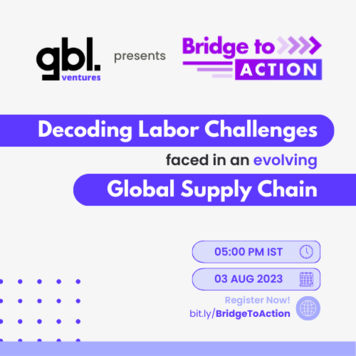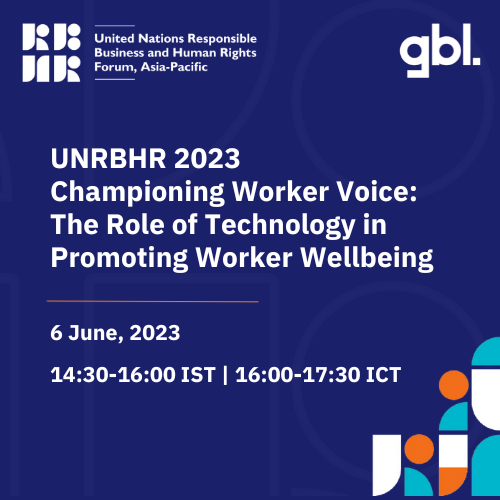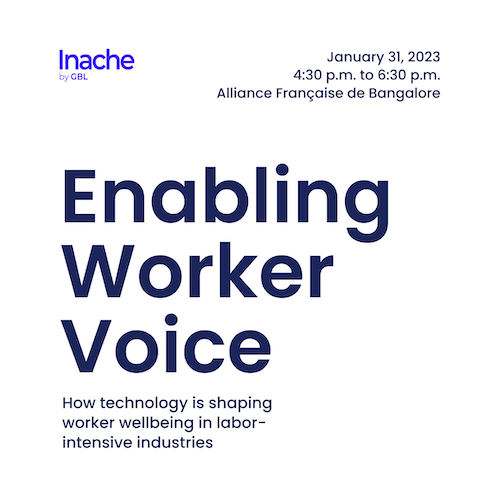Good Business Lab and the 21st Century India Center at UC San Diego hosted Making Work Work for Women, a thought-provoking event that brought together an impressive lineup of researchers, industry leaders, and policymakers. They addressed the pressing challenge of improving women’s workforce participation, particularly in India, where systemic barriers such as safety concerns, mobility restrictions, and workplace biases continue to hinder progress.
The event brought together researchers and representatives from UC San Diego, Yale University, University of Chicago, Stanford University, University of Michigan, University of Pennsylvania, and Northwestern University. Key organizations such as The Workers Lab, WorkRise, J-PAL, International Labour Organization (ILO), and Fashion for Good also joined the discussions on creating inclusive workplaces. Through research presentations, panel discussions, and ideation workshops, the event sought to bridge the gap between research and actionable solutions, reimagining the future of work for women.
| Title: Making Work Work for Women
| Date: October 26th 2024
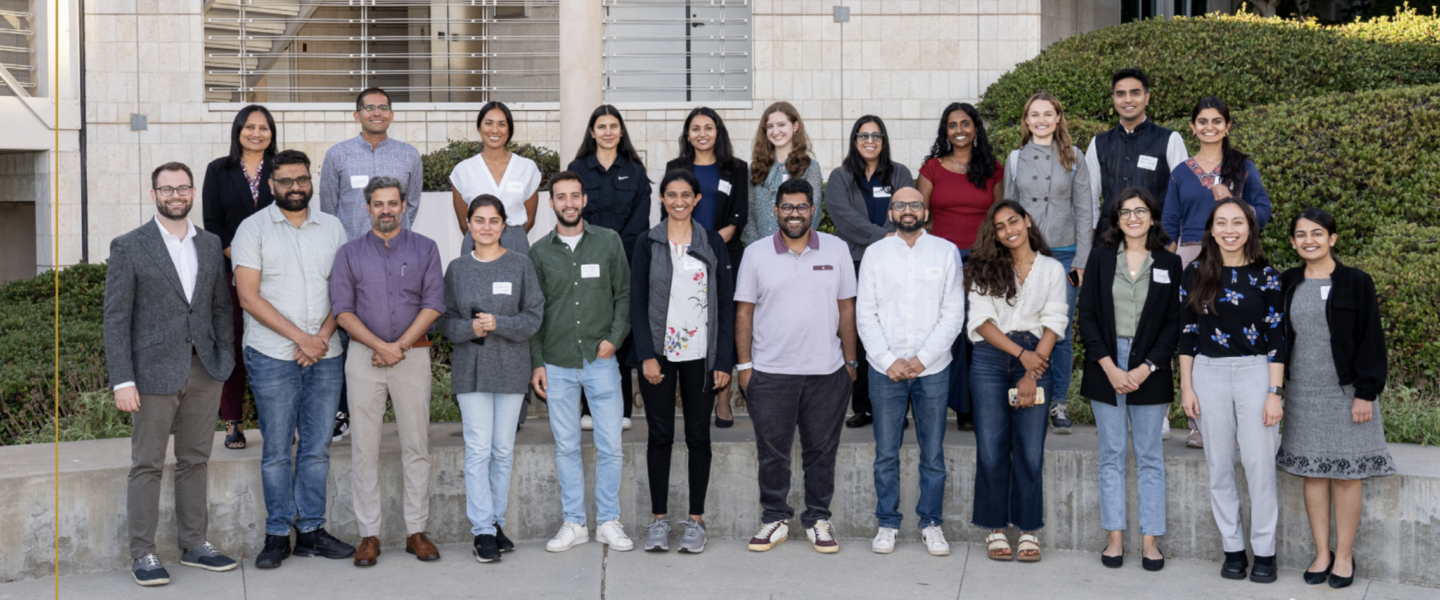
Session 1: Gender, Recruitment, and Discrimination
The first session focused on the barriers that prevent women from accessing job opportunities, including safety concerns, gender biases, and information gaps. Facilitators such as Rolly Kapoor (UC Santa Cruz), Virginia Minni (University of Chicago Booth School of Business), Andelyn Russell (University of Pennsylvania), and Collin Sullivan (University of Pittsburgh) presented compelling research addressing these issues.
Key Findings Included:
- Coordinating travel for women in urban India increased job-seeking activities by up to 80%, demonstrating the effectiveness of mobility solutions in expanding employment access.
- Transparent job postings with detailed information about workplace amenities significantly boosted women’s job applications.
- Addressing safety concerns, such as providing transportation for night shifts, led to increased hiring rates for women in traditionally male-dominated roles.
Session 2: Flexible Work Arrangements
This session examined the transformative potential of flexible work arrangements in enhancing women’s participation in the labor force. Lisa Ho (Yale Economic Growth Center), Suhani Jalota (Stanford University), Anant Nyshadham (University of Michigan), and Rashi Sabherwal (University of Pennsylvania) led the discussions.
Key Findings Included:
- Home-based, flexible jobs were shown to act as a gateway for women to re-enter the workforce, especially in contexts where traditional gender norms prevail.
- Flexible jobs enable women to balance work with household responsibilities and childcare, offering a sustainable approach to workforce integration.
- Digital work-from-home opportunities address safety and domestic constraints but often face challenges such as resistance from household members.
- Studies in rural contexts revealed that women working from home displayed higher productivity and acceptance rates, highlighting the potential of flexible work to foster long-term labor force participation.
Session 3: Amenities and Workplace Environment
The third session explored how workplace amenities can improve women’s financial resilience, job satisfaction, and productivity. Facilitators included Rachel Heath (University of Washington), Teresa Molina (University of Hawai’i), Garima Sharma (Northwestern University), and Smit Gade (Good Business Lab).
Key Findings Included:
- Practical interventions like flexible salary advances, grievance reporting systems, and supportive workplace policies play a crucial role in improving workplace environments.
- Grievance mechanisms improved worker retention and productivity by creating a safer and more responsive workplace culture.
- Research highlighted challenges posed by monopsony power, where limited job mobility for women in certain industries reinforces wage disparities.
- Inclusive workplace policies benefit both employees and employers, promoting equity and efficiency.
Panel Discussions
The event featured two panel discussions that provided actionable insights for businesses and researchers alike.
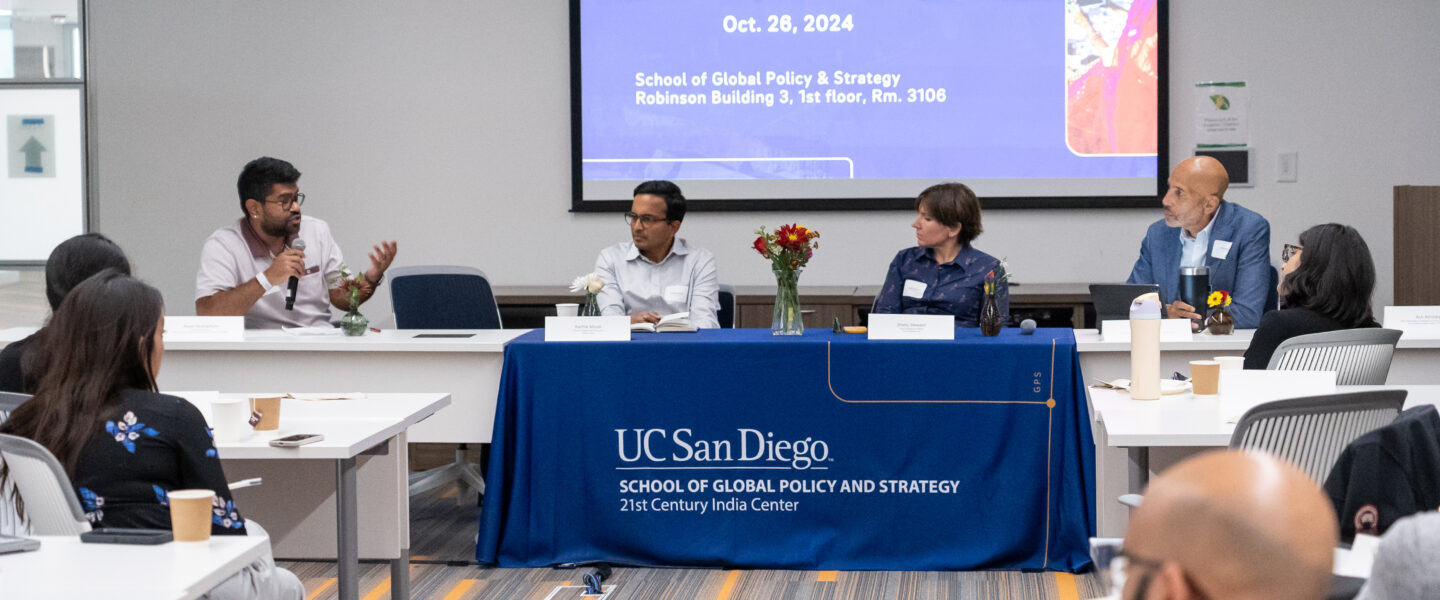
The first panel, Unlocking Potential for Women in the Gig Economy, moderated by Anant Nyshadham, explored how flexible scheduling and participatory research can address the unique challenges faced by gig workers. Panelists, including Todd Greene (WorkRise), Shelly Steward (The Workers Lab), and Karthik Murali (Aikido Labs), emphasized the importance of bridging research with real-world needs to create scalable and impactful solutions.
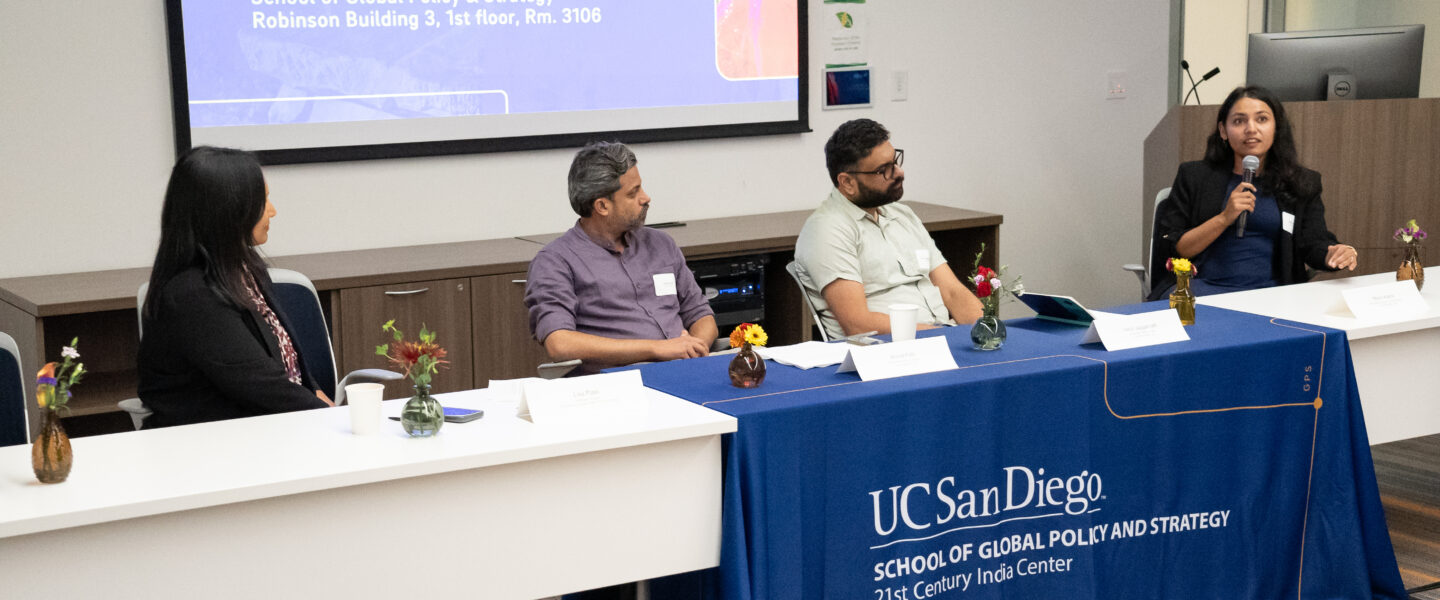
The second panel, Implementation Lessons: Navigating On-Ground Realities, moderated by Lisa Patel (21st Century India Center), focused on the practical challenges of implementing inclusive practices within organizations. Panelists from Good Business Lab—Arvind Patil, Varun Jaggannath, and Mansi Kabra—shared their experiences in applying co-design frameworks to create workplace policies that address cultural and structural dynamics.
Ideation Workshop
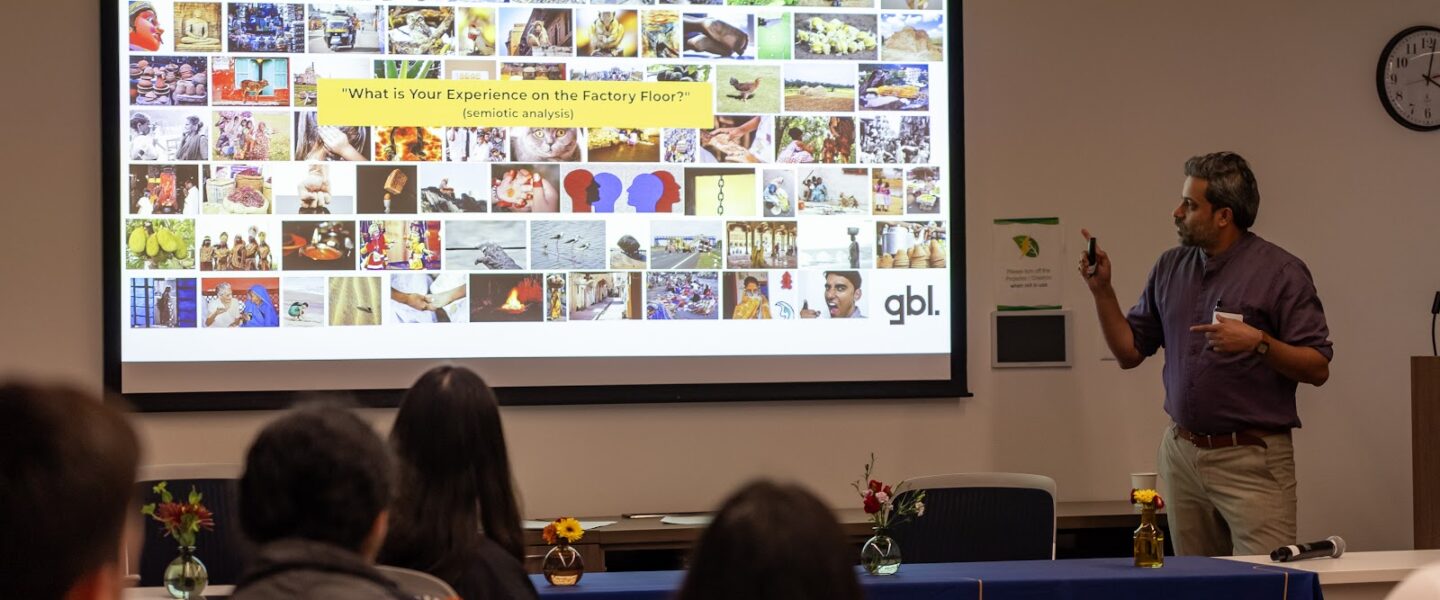
An interactive ideation session, led by Arvind Patil, invited participants to leverage field observations and personal stories to design research agendas with practical implications. Using human-centered design methodologies, attendees worked collaboratively to identify systemic challenges and propose innovative solutions. The session underscored the value of empathy-driven research in shaping actionable, inclusive policies.
Moving Forward
Making Work Work for Women reaffirmed that data-driven interventions can transform the labor market for women, creating opportunities that empower individuals and strengthen organizations. By embracing flexibility, investing in supportive workplace policies, and fostering interdisciplinary collaboration, businesses can build more equitable and inclusive workplaces.
Watch the recording of the event below:
Have an idea or are interested in collaboration? We’d love to hear from you. Write to us at – info@goodbusinesslab.org.
